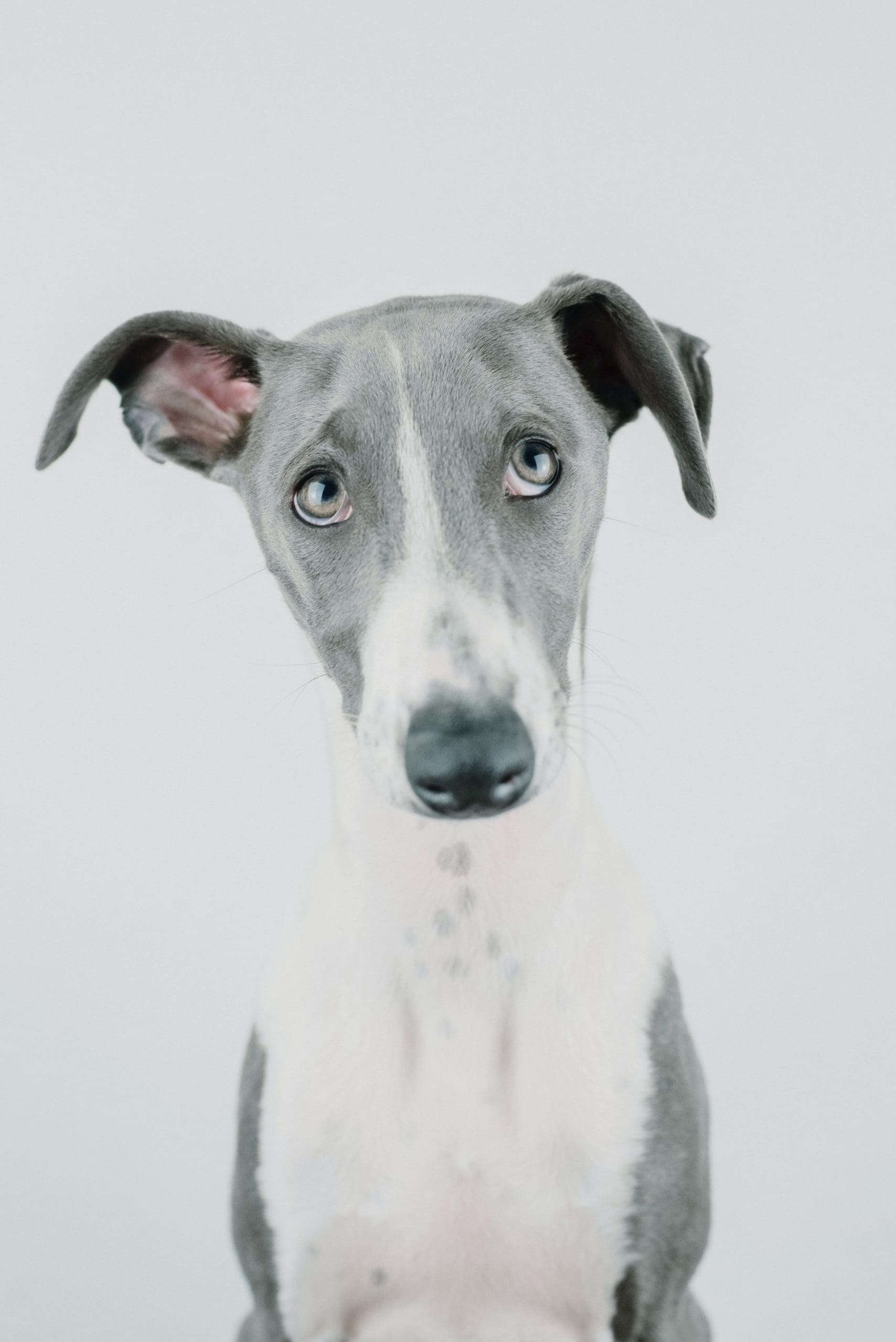 If you’ve recently welcomed a new puppy into your home, you may have noticed that they seem to pee a lot. It’s a common concern among dog owners, and you’re not alone in wondering why your puppy has such a frequent need to relieve themselves. In this blog post, we’ll explore the reasons behind excessive peeing in puppies and offer some insights to help you understand and address this issue.
If you’ve recently welcomed a new puppy into your home, you may have noticed that they seem to pee a lot. It’s a common concern among dog owners, and you’re not alone in wondering why your puppy has such a frequent need to relieve themselves. In this blog post, we’ll explore the reasons behind excessive peeing in puppies and offer some insights to help you understand and address this issue.
Age and Development
Puppies have smaller bladders and less control over their bodily functions compared to adult dogs. Just like human babies, they need to pee more frequently due to their still-developing bladder muscles. A general rule of thumb is that puppies can hold their bladder for one hour per month of age plus one. So, a three-month-old puppy should be able to keep it for about four hours. However, this varies depending on the individual pup and may not always apply.
Excitement and Anxiety
Puppies are naturally curious and easily excited, which can trigger the need to urinate. Whether it’s meeting new people, exploring unfamiliar places, or even playing with their favorite toys, these activities can cause excitement-induced peeing. Similarly, anxiety or fear can also lead to more frequent urination. New environments, separation from their littermates, or loud noises can all contribute to anxiety-related peeing.
House Training and Routine
House training plays a significant role in managing your puppy’s peeing habits. Establishing a consistent routine and providing proper training can help regulate their bathroom behavior. Puppies need to be taught where and when it’s appropriate to relieve themselves. Lack of adequate exercise can result in accidents and the perception that your puppy is peeing excessively.
Understanding the reasons behind your puppy’s frequent peeing is crucial, but it’s equally important to address the issue and find ways to manage it effectively. Here are a few practical tips to help you tackle this problem:
– Establish a regular feeding schedule to create a predictable bathroom routine.
– Take your puppy outside frequently, especially after meals, naps, playtime, and waking up in the morning or from a nap.
– Reward your puppy for eliminating in the appropriate spot, reinforcing positive behavior.
– Keep a close eye on your puppy’s body language to anticipate when they may need to go outside.
– Minimize excitement and anxiety triggers as much as possible until your puppy gains better control over their bladder.
– If accidents happen, clean them up with an enzymatic cleaner to eliminate any lingering scents that may encourage repeat accidents.
Remember, patience is critical when dealing with a puppy’s peeing habits. It takes time for them to develop bladder control and understand appropriate bathroom behavior. Consistency and positive reinforcement will go a long way in helping your puppy learn and grow.
In conclusion, puppies pee frequently due to their age, development, excitement, anxiety, and sometimes a lack of proper training. By understanding these factors and implementing effective strategies, you can help your puppy develop better control over their bladder and establish good bathroom habits. Remember to be patient, consistent, and understanding as you guide your furry friend on their journey to becoming a well-behaved and house-trained companion.
[/fusion_text]



